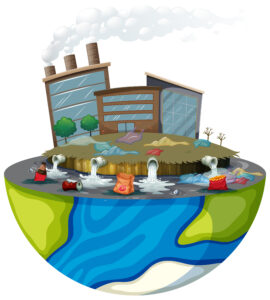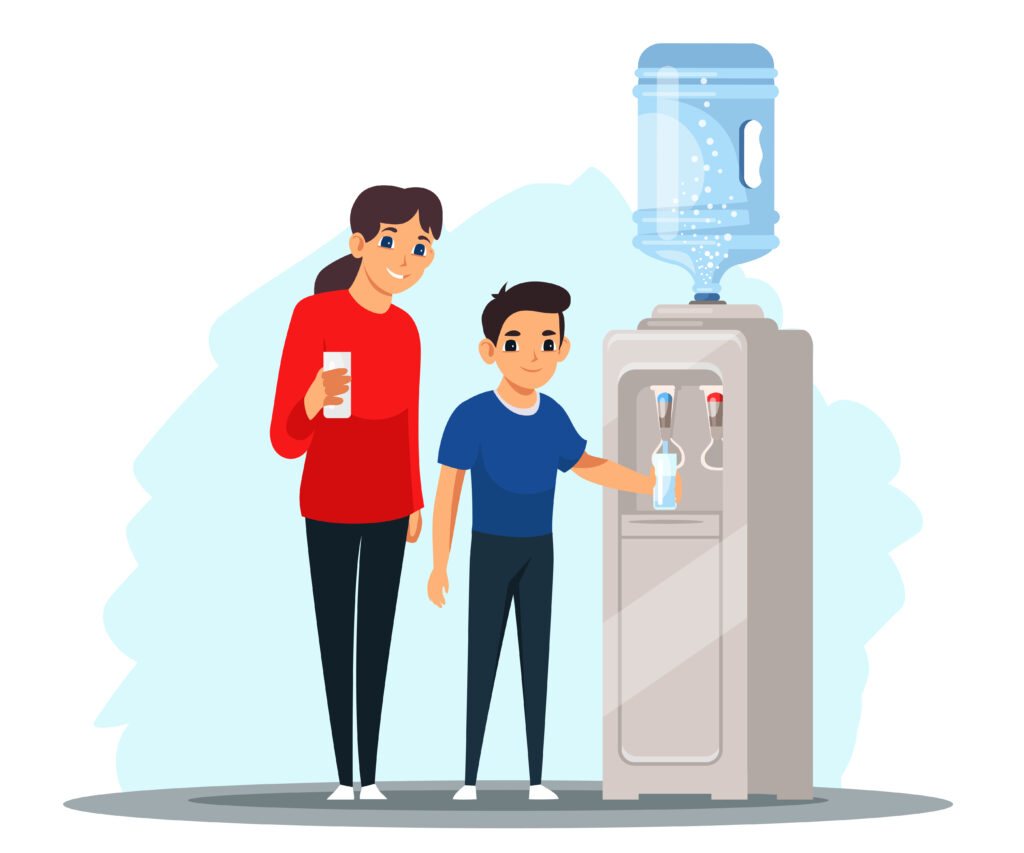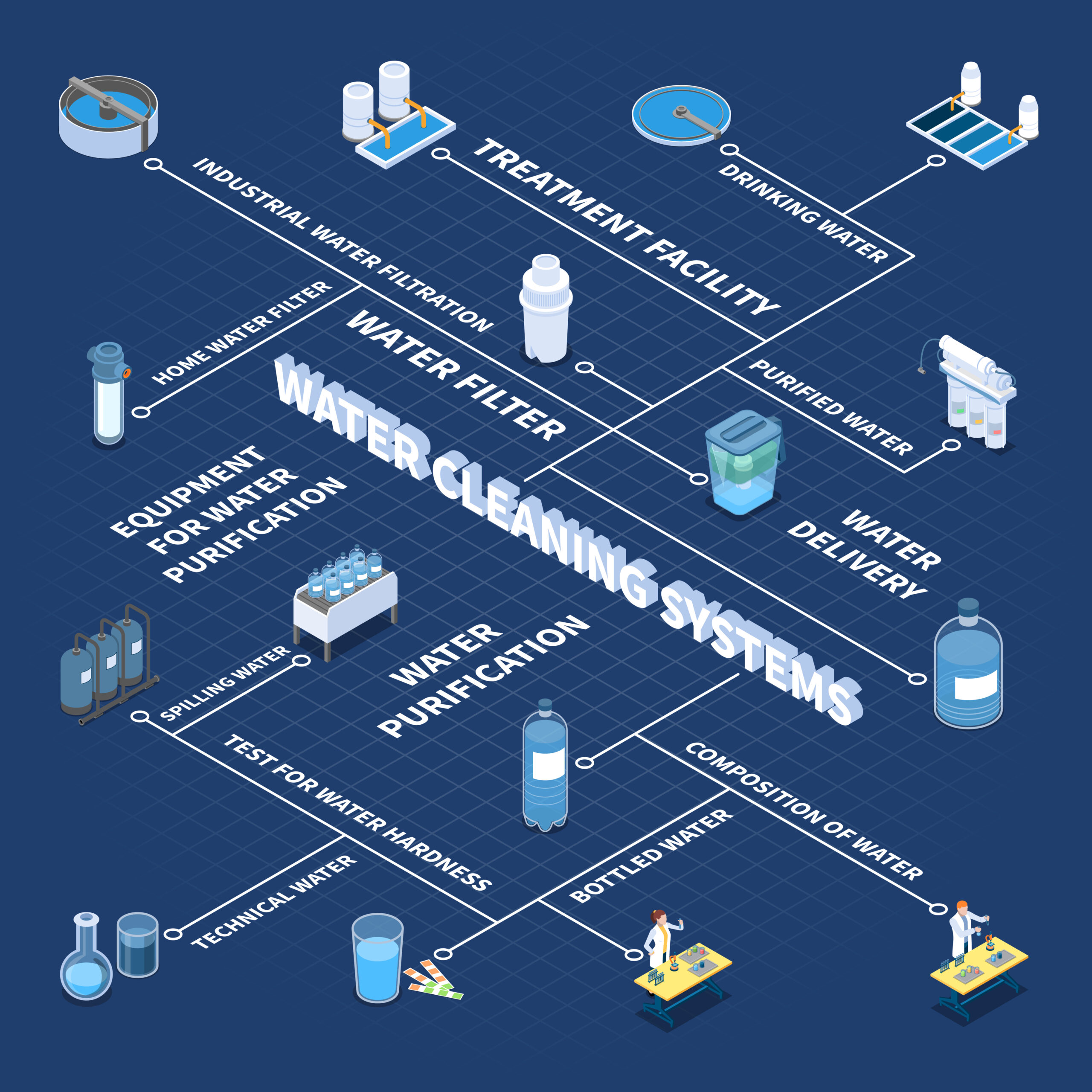Water, the very essence of life, is encapsulated in the common saying that “Water is the elixir of life.” Water sustains our existence and well-being. However, many times it is this water that disrupts our lives. In a country like India, where access to clean drinking water remains a significant challenge, its quality is becoming a concern most of the time and in most Indian regions. Rising levels of pollution, inadequate infrastructure, and diverse water sources contribute to pollution, posing potential health risks to billions of households. In this context, water purifiers emerge as essential custodians, appearing almost as avatars. Water purifiers filter out harmful pollutants and ensure every household’s access to the life-giving nectar of clean water. The essentiality for water purifiers in India is immense. As they purify water, they save and purify the lives of Indians, they play an important role in sustaining the existence and well-being of Indians by reducing potential health risks by treating critical water quality pollution.
Why Water Purifiers Are Essential for Every Indian Home:

While the government undertakes efforts to treat water before distribution, various factors can hinder its effectiveness:
Aging Infrastructure: Leaky pipes and outdated treatment plants can allow contaminants like bacteria and chemicals to seep back into the water supply.
Rapid Urbanization: Growing populations put immense strain on existing infrastructure, often exceeding its capacity to adequately treat water.
Industrial Pollution: Untreated industrial waste can seep into water sources, introducing harmful chemicals like heavy metals and pesticides.
Agricultural Runoff: Excessive use of fertilizers and pesticides in agriculture can contaminate water sources with harmful nitrates and other chemicals.Owing to these factors, groundwater is increasingly becoming polluted, and employing water filters emerges as an effective solution to mitigate this issue.
Waterborne Diseases in India: A Pressing Public Health Concern
While the provided information accurately outlines the prevalence of waterborne diseases in India and some common types, it doesn’t directly reference an “Indian research report.” It draws upon general information and possibly references the World Health Organization (WHO) for the statistic about 21% of infectious diseases being waterborne.
However, several Indian research reports delve into waterborne diseases in the country. Here’s a summary of their findings:
Common waterborne diseases:
-
- Diarrhoea: A common illness caused by consuming water contaminated with bacteria, viruses, or parasites.
-
- Typhoid: A serious bacterial infection that can lead to high fever, abdominal pain, and weakness.
-
- Hepatitis A: A viral infection that affects the liver, causing symptoms like jaundice, fatigue, and nausea.
-
- Cholera: An acute bacterial infection that causes severe diarrhea and dehydration, potentially leading to death if left untreated.
Government Initiatives: Striving for a Brighter Future
The Indian government recognizes the gravity of the situation and has undertaken various initiatives to improve water quality:
The Ministry of Jal Shakti: Established in 2019, this ministry spearheads efforts to ensure water security and improve water management across the nation.
Swachh Bharat Mission: This flagship program aims to promote sanitation and hygiene practices, including access to clean drinking water in rural areas.
Namami Gange Programme: This initiative focuses on cleaning and rejuvenating the Ganges River, a vital source of water for billions of Indians.
While these efforts are commendable, achieving universal access to clean water remains a complex challenge requiring sustained commitment and collaborative efforts.
Boiling Water: A Flawed Solution
Boiling water is a traditional method for disinfecting water, but it comes with several drawbacks:
Ineffectiveness: Boiling only eliminates certain bacteria and viruses, not all contaminants like chemicals and heavy metals.
Inconvenience: The process is time-consuming and requires constant monitoring, making it impractical for daily use.
Energy Inefficiency: Boiling water consumes significant fuel or electricity, adding to household expenses and contributing to environmental concerns.
The Vital Role of Water Purifiers in Indian Homes: Filtering Your Way to Better Health
Water purifiers offer a reliable and convenient solution to ensure access to clean drinking water. They employ various technologies to remove contaminants, significantly improving water quality and safeguarding your health.
Here’s how water purifiers benefit your well-being:
-
- Eliminate Harmful Pathogens: Technologies like ultraviolet (UV) disinfection and chlorination effectively kill or inactivate bacteria, viruses, and other harmful microorganisms, drastically reducing the risk of waterborne diseases.
-
- Reduce Chemical Contamination: Techniques like reverse osmosis (RO) and activated carbon filtration remove various chemicals, including heavy metals, pesticides, and industrial pollutants, protecting you from their long-term health effects.
-
- Improve Taste and Odor: Water purifiers often remove excess minerals and impurities, resulting in better-tasting and odorless water that is more palatable for consumption.
Beyond Health Benefits: The Advantages of Owning a Water Purifier

Investing in a water purifier offers several advantages that extend beyond safeguarding your health:
-
- Convenience: Enjoy readily available clean drinking water at home, eliminating the need for boiling water or purchasing bottled water, saving time and money.
-
- Reduced Energy Consumption: Compared to boiling water, water purifiers, especially those with efficient technologies, are more energy-friendly, contributing to a greener environment.
-
- Peace of Mind: Knowing your family has access to safe drinking water provides invaluable peace of mind, allowing you to focus on other aspects of your well-being.
Choosing the Right Water Purifier for Your Needs:
With a diverse range of water purifiers available, selecting the right one for your household requires careful consideration:
-
- Water source: Identify the quality of your tap water, whether it’s municipal supply, borewell, or another source, as different technologies may be better suited for specific water challenges.
Investing in Your Family’s Health and Well-Being
In a country where the quality and safety of tap water is often compromised, water purification is not just a luxury but a necessity for every Indian household. With the ability to remove contaminants, remove harmful bacteria, solve hard water problems and reduce reliance on bottled water, a water purifier is the most effective solution to ensure safe and healthy drinking water for your family. By prioritizing the use of clean water, you not only protect the health of your loved ones but also contribute to a sustainable and environmentally conscious future.
Remember, investing in a water purifier is an investment in your family’s well-being and a step towards a healthier and greener tomorrow.
Image: freepik.com
